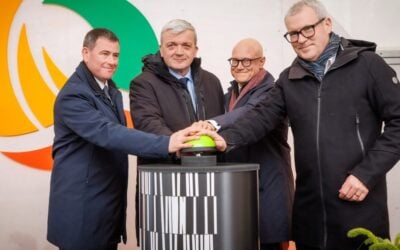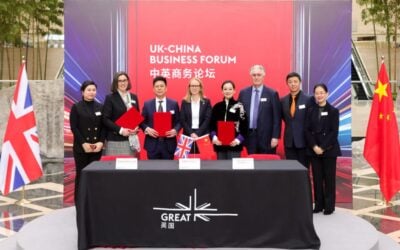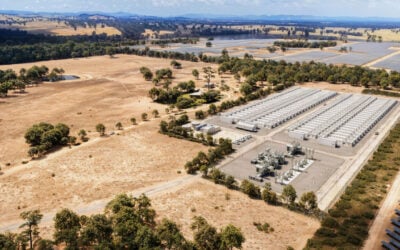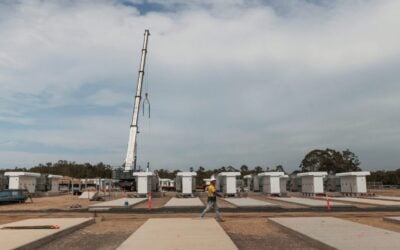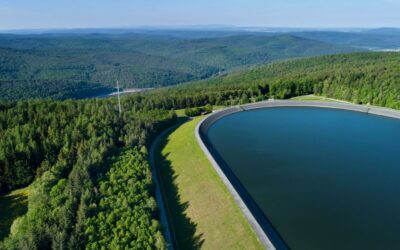Tokyo Electric Power Company (TEPCO), one of Japan’s major electric utility and transmission providers, will conduct a microgrid demonstration project on a remote Japanese island, incorporating solar, storage, wind and diesel.
The project will be fitted with containerised large-scale lithium-ion-based storage made by France-headquartered SAFT. Niijima Island, where the project will be located, looks like an appropriate place to conduct the trial – the island has a population of just 3,000 and sits out on the Phillipine sea, some 100km from Tokyo.
The power and energy sources will be utilised in various different combinations. As has been well documented already, Japan has faced challenges with the capacity of its various regional grids to accept higher levels of renewable energy penetration. Although only one of the 10 Japanese regional utilities, Kyushu Electric, is actually nearing the point where its grid will struggle to add more capacity, the subject has already been raised as a concern by other utilities, which also act as grid operators in Japan.
As a whole, Japan is nearing 10% renewable energy penetration, with the government expected to put out national targets for renewables in the energy mix this year. Industry figures have said the target is likely to be around 20% of the country’s total energy demand by 2030, clearly necessitating further provisions for the grid network to meet this need.
Try Premium for just $1
- Full premium access for the first month at only $1
- Converts to an annual rate after 30 days unless cancelled
- Cancel anytime during the trial period
Premium Benefits
- Expert industry analysis and interviews
- Digital access to PV Tech Power journal
- Exclusive event discounts
Or get the full Premium subscription right away
Or continue reading this article for free
The latest experiment will be in place for five years, with TEPCO subsidiary Takaoka Toko Ltd taking the lead. The SAFT Energy Storage System (ESS) will provide functions including frequency smoothing and ramping, addressing many of the challenges associated with integrating renewable energy, including the addition of renewable power into the diesel-powered grid. The microgrid site is already under construction.
SAFT’s ESS will feature the company’s Intensium Max 20M Medium Power containers, with an output at peak power of 1MW and nominal storage capacity of 520kWh. The control system for the Niijima Island project will be built by Takaoka Toko. SAFT, through its Hong Kong-based Asia division, will partner on construction with Sumitomo, which is also involved in the construction of a 60MWh storage system on the northern Japanese island of Hokkaido.
Read more about Japan’s latest challenges and the domestic solar industry’s outlook for the future in Volume 2 of PV Tech Power, available to read online now.

